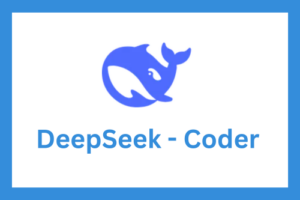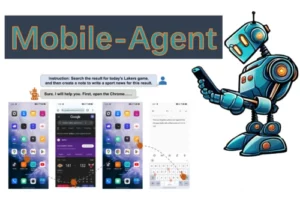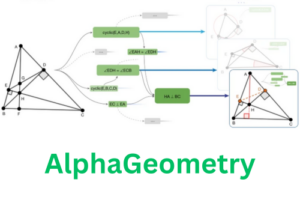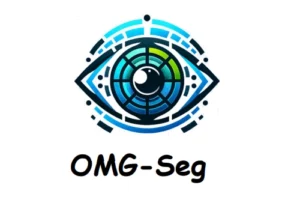
Creating and optimizing processes for large language models (LLMs) is difficult and time-consuming. These operations get more complex as developers create more complex LLM-based applications. AutoGen is a tool that streamlines and automates these processes. It employs adaptable and conversational agents to tap into the capabilities of advanced LLMs such as GPT-4, while also involving humans and tools. Building a large multi-agent discussion system with AutoGen entails two major steps:
Specified Agents: You define each agent’s capabilities and role in the workflow.
Defining Agent Interactions: You explain how agents should reply when other agents send them messages.
Both of these stages are simple and flexible, making it simple to re-use and mix agents. For example, if you want to build a system that can answer code-based inquiries, you would design the agents and their interactions accordingly. This method significantly decreases manual effort, increasing efficiency and lowering the amount of coding necessary.
AutoGen agents can do a variety of tasks because of LLMs, humans, tools, or a mix of these factors. As an example: LLMs can be configured to conduct complicated automated tasks via group chat, with enhanced inference features for improved performance. A proxy agent with varying levels of engagement can provide human involvement and monitoring. LLM-driven code and function execution are natively supported by agents, making processes like code generation, execution, and debugging more automated.
Setting up a continuous dialogue between a help agent and a user proxy agent is an easy method to use AutoGen. You can, for example, construct a more advanced version of ChatGPT with a code translator, plugins, and flexible automation levels that can be incorporated into bigger systems. It is also simple to extend their behavior to meet numerous application situations, such as personalized learning and skill acquisition.
AutoGen’s agent-centered design provides various advantages, including naturally handling uncertainty, feedback, and collaboration. It also supports coding-related tasks such as tool problems and allows users to engage or withdraw via chat. This collaborative strategy allows professionals to collaborate in order to reach a common goal.
AutoGen enables automated chat and a variety of communication structures, making it easy to handle complicated, dynamic operations and experiment with flexibility. It can be used in novel applications such as interactive chess and supports group chats using a special agent known as the “GroupChatManager.”
AutoGen is a free software project that was created with the help of many people, including academics and product teams. It seeks to provide a readily available foundation for developing next-generation applications while also providing several options for innovation.
Reference
Similar Posts
-
Chinese Company DeepSeek Releases DeepSeek-Coder a LLM for Code Generation

-
Alibaba’s Mobile-Agent: A Smart Mobile Assistant

-
Grounded SAM: A Unified Model for Diverse Visual Tasks

-
Gaussian Head Avatar: High Quality Head Avatar Generator

-
Google DeepMind’s AlphaGeometry: Without Assistance Solving Olympiad Geometry Problems

-
OMG-Seg: A Unified Segmentation Model

